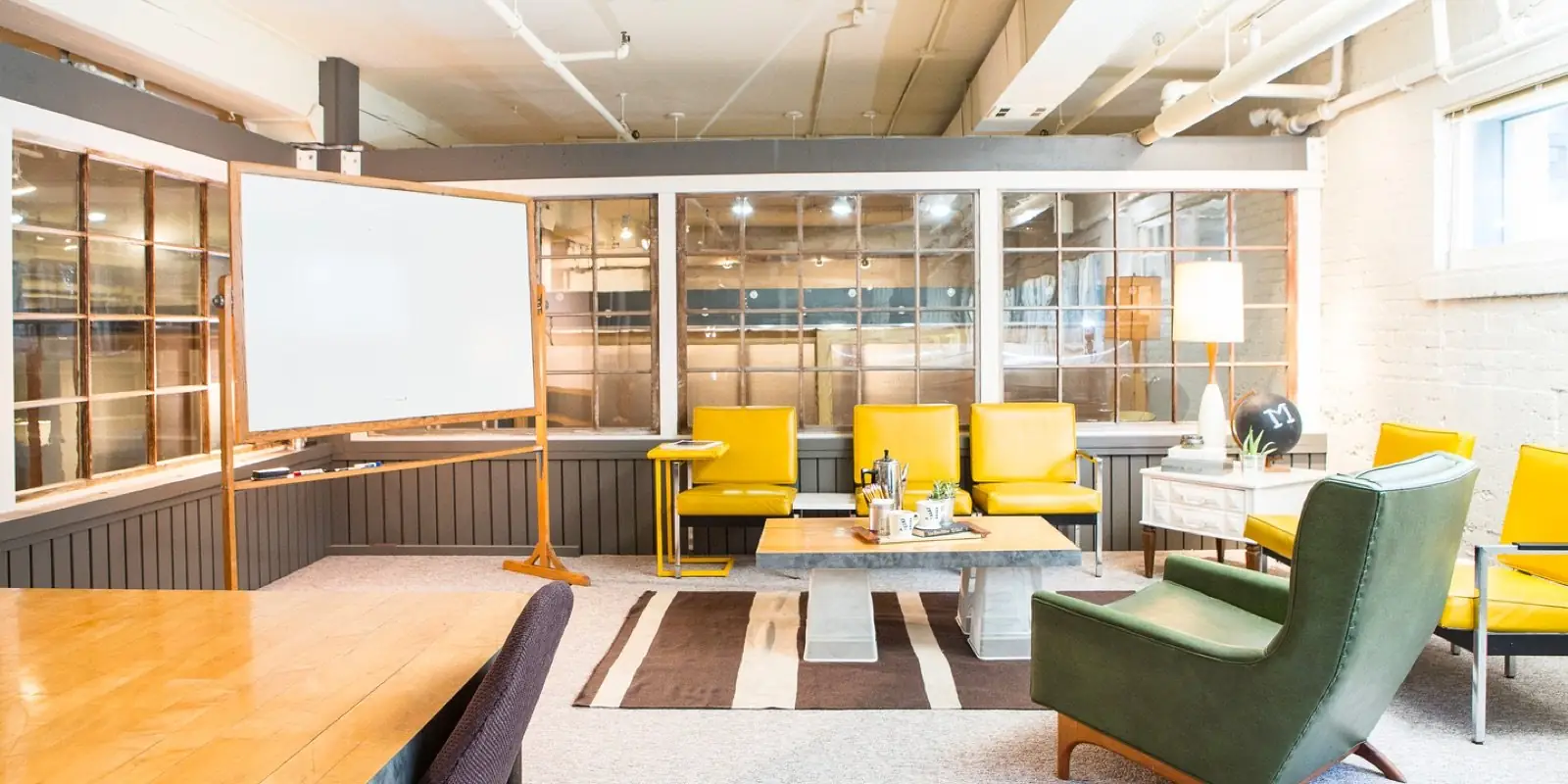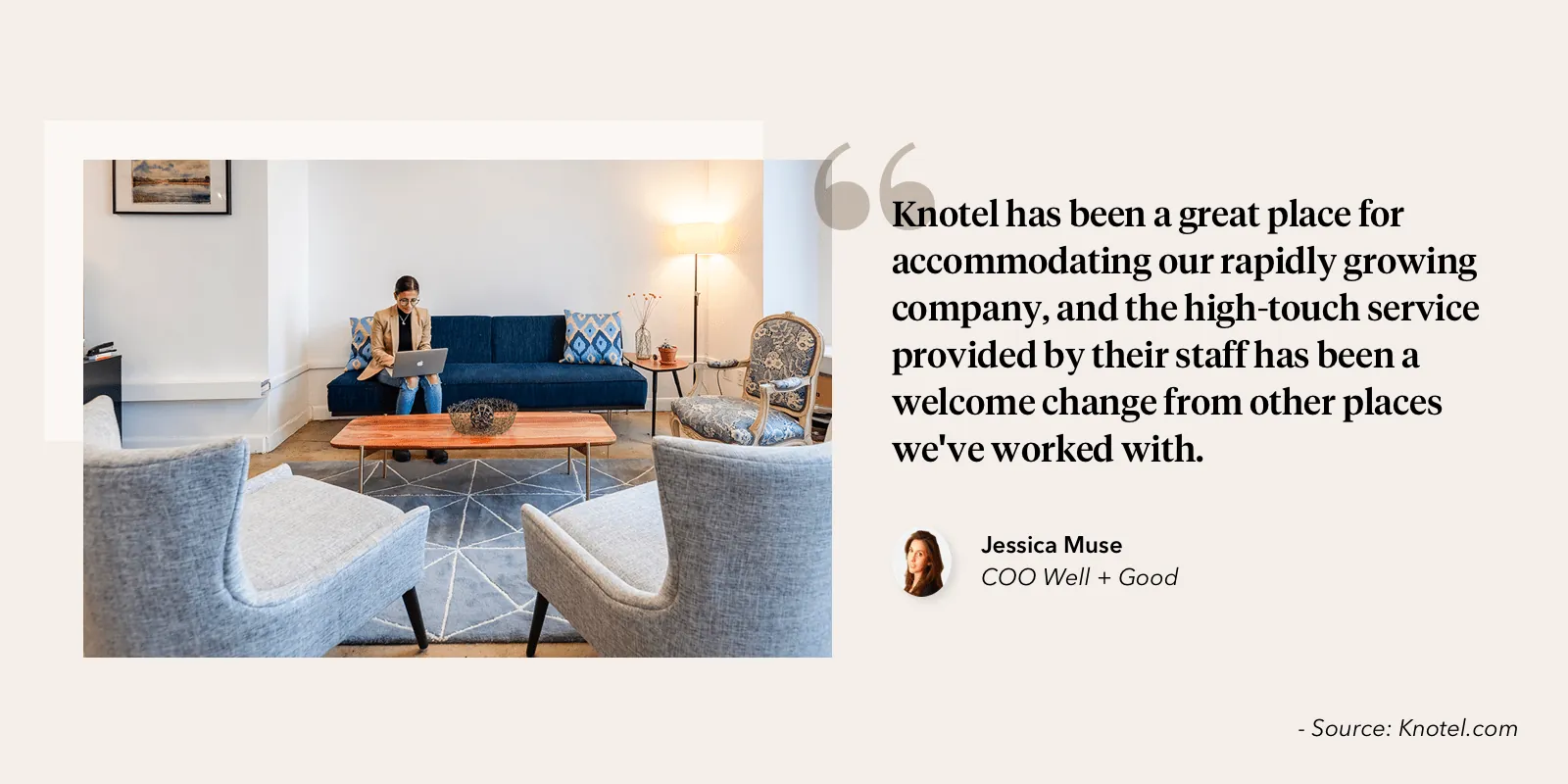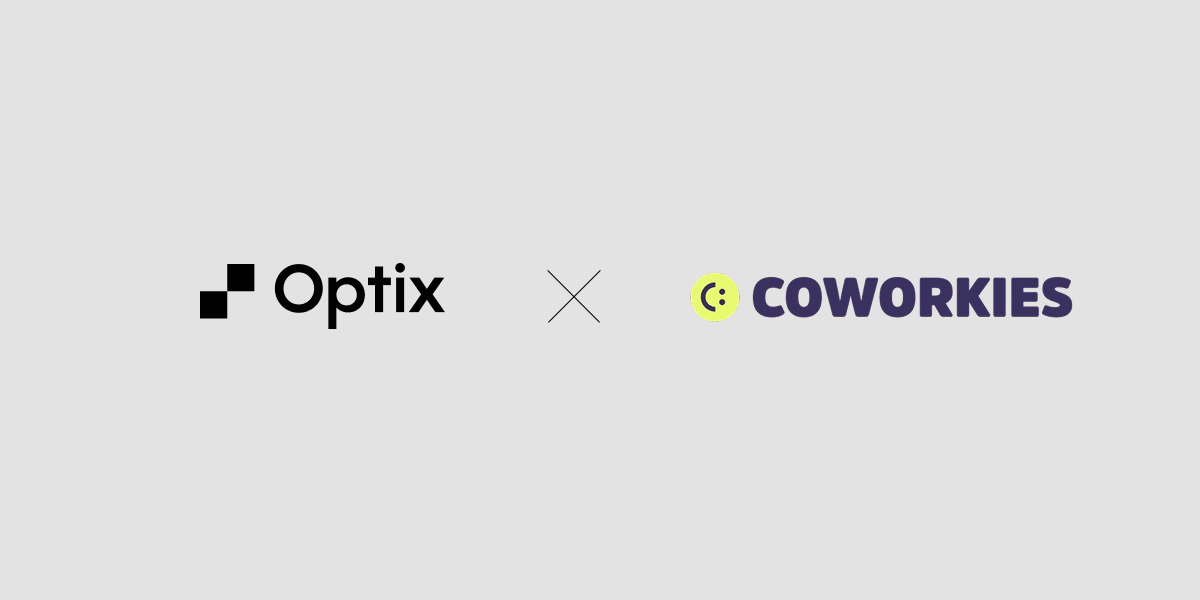
More than ever, established businesses are looking to the coworking industry for answers to their questions around how to offer their employee base more flexibility and a better workplace experience.
The innovative experiences that some of the leading coworking brands have pioneered have become a driving force behind why many businesses – both big and small – are choosing to send their employees to coworking spaces.
However, due to the sensitive nature of business and the heightened need for data security, businesses, although keen on the coworking model, often approach coworking spaces with a certain amount of skepticism.
Although their demands may vary – for example, many will push for tailored membership fees or customized space needs to support their privacy or collaboration needs, working with these organizations can garner great rewards. These rewards come in the form of more stable revenue streams, among other things. A thoughtful partnership can be a transformational relationship for any coworking brand.
Funding Source #3: Strategic Corporate Partnerships
A growing number of enterprises are sending their employees to coworking spaces, either in the form of agile teams or as remote workers. This trend represents an opportunity to access a valuable source of funding for coworking brands looking to scale.
As a coworking space, entering into a partnership with a large or medium-sized company to offer exclusive work spaces for their employees is a great way to establish a healthier cash flow position, more predictability, and a stronger reputation.
Who has leveraged this funding source?

Image courtesy of Makers Workplaces
Strategic partnerships between coworking spaces and larger corporations are being formed today at all scales. A team from BMW uses space in Seattle-based Makers Workspaces, and Knotel is involved in several partnerships with small and medium-sized businesses throughout the New York area. In fact, Knotel has a unique “headquarters as a service” business model, allowing companies to build their operations around its coworking platform. Unlike WeWork, Knotel offers companies the chance to personalize their “coworking office branch” from the get-go.

How can I secure this type of funding?
If pursuing this option, coworking brands should offer tailored pricing packages that can accomodate the enterprise’s specific needs. It is a good idea to have “meeting room style” or closed-office space layouts as companies look for privacy within the coworking framework.
In order to build a sustainable business, the modern coworking space needs to be flexible and accommodate its varied clientele. The coworking industry as a whole has come a long way since the early days, and there’s reason to believe that it still has a long way to go, with a lot of evolution along the way.
If you’re looking to expand your coworking business, then you will want to continually adapt and continually explore new growth opportunities. Stay tuned for our next article highlighting the fourth funding source: mergers and acquisitions. Plus, check out our previous articles on crowdfunding and venture capital as a source of funding.



